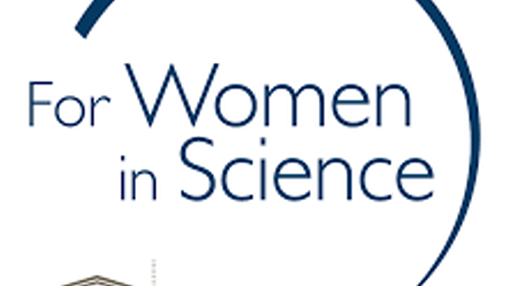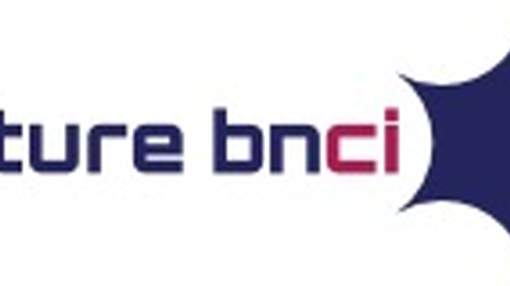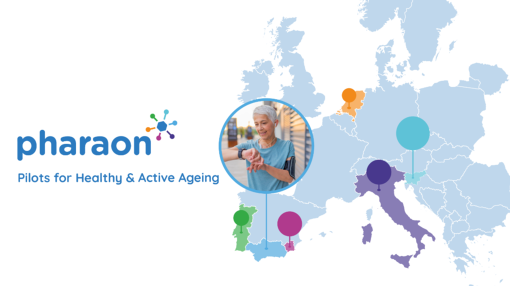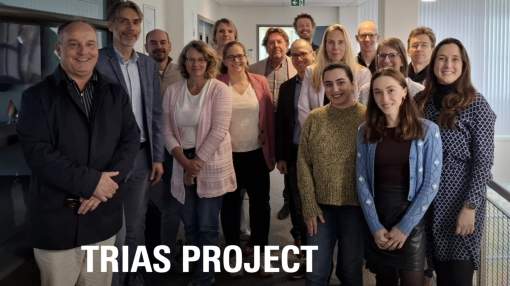Femke Nijboer is an assistant professor in the Biomedical Signals and Systems (BSS) group at the University of Twente (Enschede, the Netherlands). In May 2008 she obtained a PhD in Neuroscience (magna cum laude) at the International Max Planck Research School for Neural and Behavioral Sciences. She has conducted extensive and widely cited clinical work with brain-computer interfaces for patients with neuromuscular disorders (and locked-in patients) at the Institute for Medical Psychology and Behavioral Neurobiology of the University of Tübingen. She the winner of the Tursky Award (2006) for Excellence in pre-doctoral research. In 2011 she was awarded with an NWO-Veni grant to develop novel technology assessment tools to investigate ethical, legal and societal issues of research and development of neurotechnologies and to bring together stakeholders from various disciplines. In 2015 she was awarded with the l’Oreal-UNESCO For Women in Science Award for a 5-month fellowship at the Netherlands Institute for Advanced Study (Sept 2016 – Jan 2017). Nijboer currently investigates smart coaching strategies for e-health and telemedicine.
Her work is a cross-over of human-computer interaction, neuroengineering, e-health, telemedicine and ethics.
Organisaties
- Leefstijl
- Ouderen
- Eenzaamheid
- Ondervoeding
- Happy Eating
- Toegankelijkheid
- Inclusie
- Veerkracht
- Empowerment
- Kunst als onderzoeksmethode in de wetenschap
- Co-creatie
- Speculatief ontwerp
Publicaties
2025
2024
2023
2022
2021
Onderzoeksprofielen
I geef les binnen binnen het bachelor programma Creatieve Technologie
Verbonden aan opleidingen
Vakken collegejaar 2025/2026
Vakken in het huidig collegejaar worden toegevoegd op het moment dat zij definitief zijn in het Osiris systeem. Daarom kan het zijn dat de lijst nog niet compleet is voor het gehele collegejaar.
Vakken collegejaar 2024/2025
Lopende projecten
Voltooide projecten

Veni project: Help, we worden allemaal een cyborg?!
Technologie smelt steeds meer samen met ons lijf en zelfs met onze hersenen. Dit project probeert het nu nog langzame maatschappelijke en ethische debat rondom neuro-technologieën te stimuleren. De toekomst wordt zichtbaar, tastbaar en bespreekbaar gemaakt met o.a. interactieve theatervoorstellingen.

For Women in Science Fellowship
Research project at Netherlands Institute for Advanced Study (NIAS)
Inclusive and Responsible Innovation of Neurotechnology
Brain-Computer Interfaces are systems that can potentially help people with locked-in syndrome or advanced ALS to communicate with their brain activity. There is still relatively little debate and exchange between people who develop BCIs, ethicists and potential end-users. In my current Veni project I develop a novel and interdisciplinary approach, based on Value-Sensitive Design, Constructive Technology Assessment and Art, to promote inclusive and responsible innovation of Brain-Computer Interfaces. Art is used to help people imagine and debate about future design scenarios. With a fellowship at NIAS I would like to write the “grand finale” paper about this overall approach. In addition, I would like to write an ERC Starting Grant proposal to test this approach in the development of other neurotechnologies and to further investigate how values of end-users can be integrated in the design of neurotechnology.

Toekomstperspectief op Brain-Computer Interfaces
Een roadmap voor Brein-Computer Interfaces
Universitair docent, schrijver en spreker
- Gezondheid, leefstijl, humor
- Brein-Computer Interfaces
- Locked-in syndroom
- e-Health
- Neurotechnology
- Ethics
In de pers
- 2018 Nieuwe technologieën geven mensen met locked-insyndroom weer hoop. Trouw.
- 2018 Paul (47) is volledig verlamd, maar niet zielig: 'Je moet er het beste van maken'. RTL Nieuws.
- 2017 Computer Idee. Helemaal Zen.
- 2017 BNR Radio. Interview.
- 2016 De Volkskrant. Opiniestuk: Een spraakcomputer lost niet alle problemen op.
- 2016 Newsletter Leiden University. De Honours Academy is een proeftuin.
- 2016 Radio. NOS Met het oog op morgen.
- 2016 Mare Online. Krijgers op de Catwalk. 2016 Newsletter Leiden University. Een geluid van mensen met locked-in syndroom.
- 2015 Mare Online. Liever geen robot look.
- 2015 ANP. Vrouwen in top wetenschap nog steeds schaars.
- 2015 Brabant Dagblad. Topvrouwen slaan de gong. 2015 AD Haagse Courant. Delfste luidt beursgang van de AEX
- 2015 Trouw. Van Halem en Nijboer
- 2015 Leidsch Dagblad. Beurs voor topvrouwen
- 2015 Radio. BNR Gezond. Brain-computer interfaces is meer dan een spelletje.
- 2015 Volkskrant. Volledig verlamd en toch gelukkig
- 2012 VPRO Labyrint. De magie van het brein
- 2012 VPRO Labyrint. Napraat sessie
- 2011 Enschede FM. Interview naar aanleiding van de Veni toekenning.
- 2010 Tubantia. Grijpen met je hersenen
- 2007 Wie Handschuhe voll Sand – Leben mit der Krankheit ALS. Film by Reinhild Dettmer-Finke.
Adres

Universiteit Twente
Horst - Zuidhorst
Postbus 217
7500 AE Enschede

